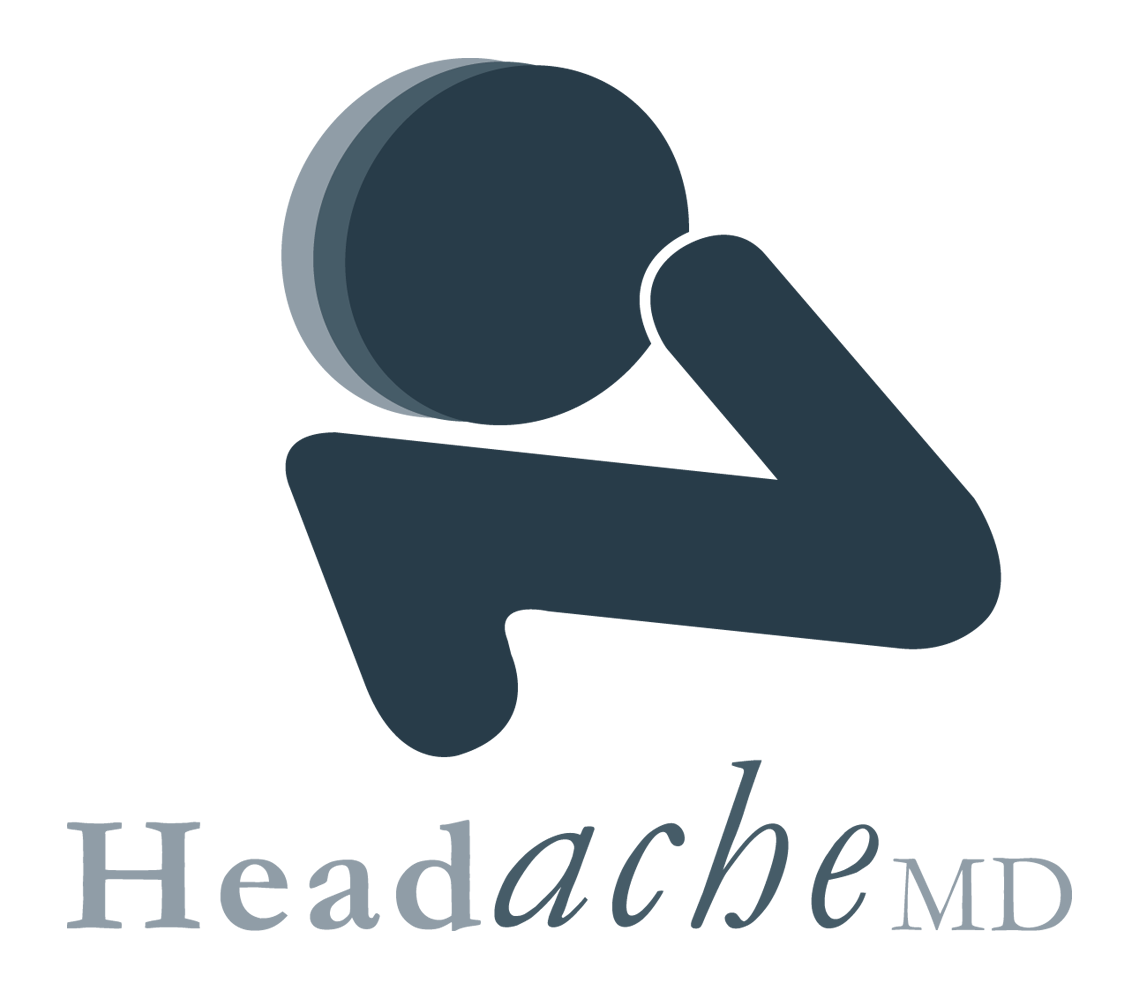It’s not unusual for people to get caffeine-withdrawal headaches or a Caffeine Headache when they don’t get their coffee or tea in the morning. There are many possible reasons why a person suffers from headaches, but one of the most common causes is caffeine withdrawal. While it’s quite normal to experience a pounding headache when we rush off to work without taking our morning coffee, a lot of people don’t really understand why it happens. Why do people really get headaches when they don’t get their daily dose of caffeine? What causes these headaches and how do we get rid of them?
How is Caffeine Connected to Headaches?
As we already know, caffeine is a naturally occurring drug found in a lot of the food and drinks we consume. As a stimulant, it helps us stay alert by attaching itself to receptors in the brain and constricts the cerebral arteries, increasing our blood pressure, and making us more energetic and alert. This blood-vessel constricting property of caffeine is why a lot of times, a headache can be soothed by drinking a cup of coffee or taking pain reliever medications containing caffeine. Regular coffee drinkers (or drinkers of other caffeinated food and drinks) develop a tolerance for caffeine over time and they need to “up their dosage” so to speak. Once the brain is used to getting its daily caffeine dose, it becomes more sensitive to a substance naturally produced in our body called adenosine. Adenosine is naturally produced by the body and helps dilate the blood vessels and makes us drowsy. The brain’s adenosine receptors can’t tell the difference between caffeine and adenosine, and so when the brain doesn’t receive its daily dose of caffeine, even the tiniest amount of adenosine can cause substantial dilation of the cerebral arteries causing caffeine-withdrawal headaches and other symptoms like fatigue, low blood pressure, and loss of concentration.
Caffeine Withdrawal Symptoms
Eliminating or reducing our intake of caffeine can cause us to experience symptoms of caffeine withdrawal like headaches, fatigue, irritability, and loss of concentration among others. The intensity of these symptoms would depend on how much caffeine a person consumes in a day and how fast you try to eliminate the substance from the body. People who consume more caffeine tend to have more pronounced symptoms of caffeine withdrawal than those who take just a cup of coffee or tea per day. Those who are used to a higher dose of caffeine may start feeling the symptoms even with the slightest decrease of caffeine intake. Also, people who quit taking caffeine cold turkey experience more intense caffeine-withdrawal headaches and other symptoms that last for a few days as opposed to those who gradually decrease their intake which makes the symptoms last longer, but at a lesser intensity.
Treatment for Caffeine-Withdrawal Headaches
Same with most symptoms of withdrawal, headaches related to the reduction or elimination of caffeine from the system will pass as soon as the person’s body gets used to the absence of caffeine. This withdrawal period may last from a couple of days to a couple of months depending on how fast caffeine is removed from the system. While it is easy to say that the pain and discomfort of caffeine withdrawal will pass, it can be a burden or distraction especially if the symptoms of withdrawal are more pronounced. Caffeine-free pain relieving medications may be used to soothe the headaches and getting more rest can help manage the fatigue one feels during this period. Other remedies would be to apply ice packs or cold compress to the affected areas or engaging in stress relieving activities such as taking a walk or getting a massage. It is best to be aware of what we eat or drink during this period. Even a small amount of caffeine may extend the withdrawal period. Alcoholic beverages or medications containing alcohol are also to be avoided as this substance stimulates blood vessel dilation and may make the headaches worse.
Although headaches related to caffeine withdrawal are quite common, it is still advised to see a doctor or a headache specialist before going through a caffeine purge of any kind to learn more about caffeine-withdrawal headaches and how to manage them effectively.
